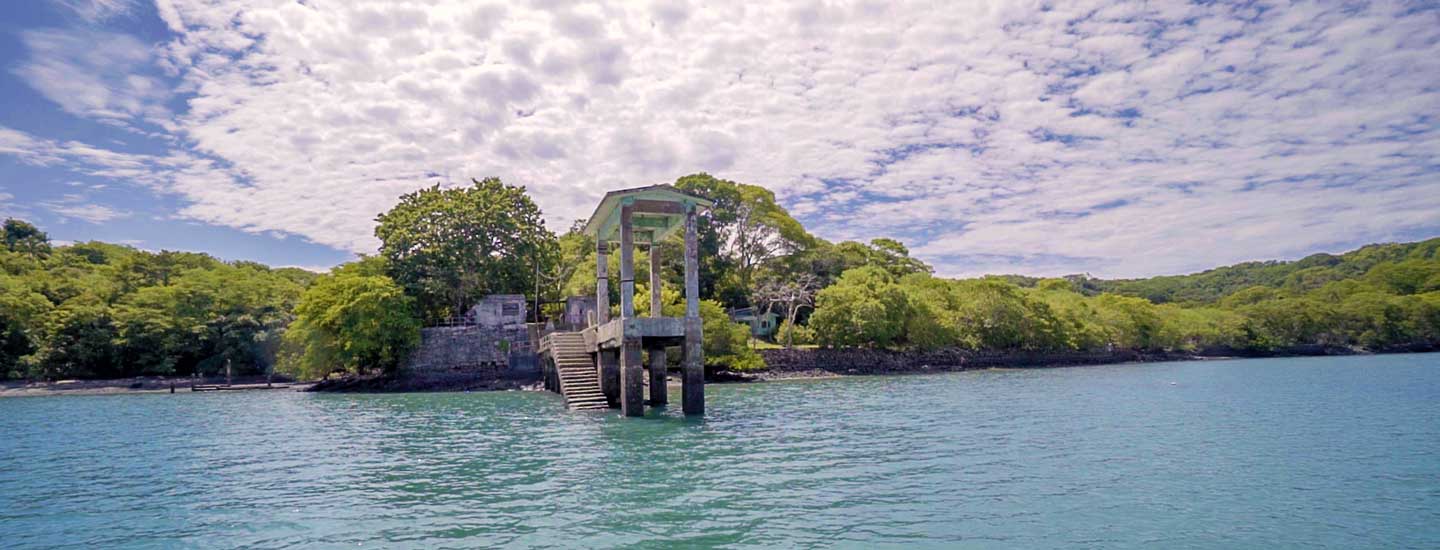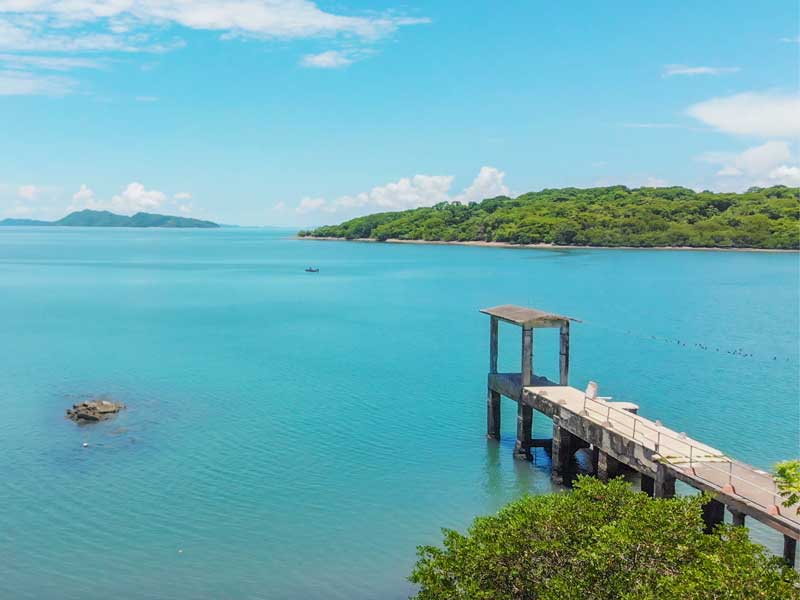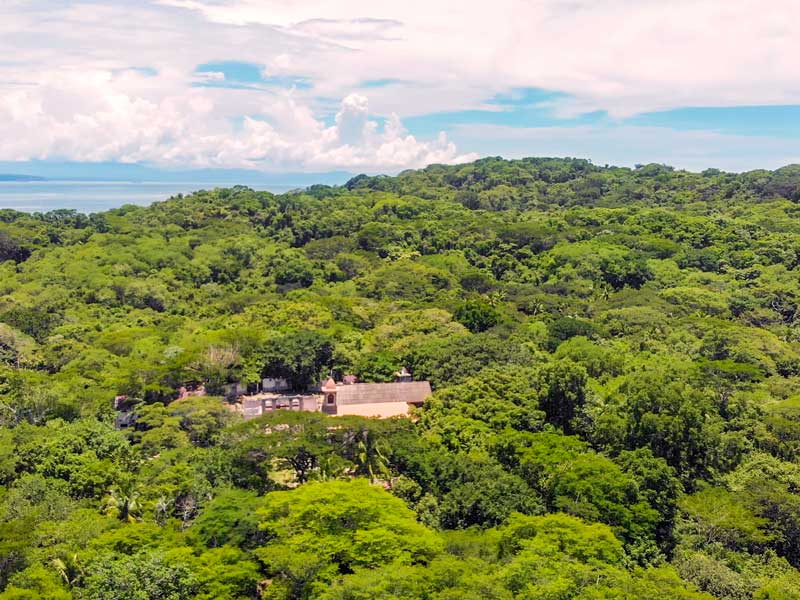
Discover the History of Isla San Lucas National Park

Welcome to a national park that’s infused with history, which didn’t gain its designation as a national park until September 2020, since it used to be one of the country’s wildlife refuges.
Isla San Lucas is known for its history as a prison, a role the island served from 1873 and 1991. After it was closed, it first became a wildlife refuge before being converted to a national park. That was how it went from being a prison to its current status as a historic and tourism center.
The island is located in the Gulf of Nicoya, some 8 km from Puntarenas. It has an area of 472 ha and altitude ranging from 0 to 220 masl.
The region has two markedly different seasons: the dry season, from December to April, and the rainy season between May and November.
The island has also inspired a number of literary works, including a novel entitled La Isla de los Hombres Solos (The Island of Lonely Men, published in English as God Was Looking the Other Way). by José León Sánchez, and the short story La Ventana (The Window) by Carlos Salazar Herrera.
After becoming the country’s thirtieth national park, it is now a highly biodiverse tourist attraction. Here, the cries of monkeys are common, and visitors may even be lucky enough to cross paths with white-tailed deer, squirrels, iguanas, agoutis, and even lowland pacas. It is also home to 40 species of birds and 17 of reptiles.
Already planning your visit?

Attractions on the island:
- El Atracadero (The Quay): Essential for accessing the island. A concrete structure jutting into the sea.
- La Calzada de Piedra (The Stone Road).
- La Capilla (The Chapel): A key architectural and symbolic element of the island.
- La Comandancia (The Command).
- Los Calabozos de Acceso (The Access Dungeons).
- Los Pabellones (The Pavilions): Significant historical and cultural value.
- El Dispensario (The Dispensary).
- Barrio las Jachas: A symbol of the diversity of strata and life forms on the island.
Some tour operators offer a day tour to this historical jewel. These tours include food, a tour of the island and its main structures, a hike along Playa Cocos, birdwatching and watching the sunset at Isla Pájaros.
Don’t forget!
A swimsuit or shorts, extra clothes, sandals or comfortable walking shoes, towel, sunscreen, hat, sunglasses, mosquito repellent, camera and cash if you’d like to opt for another activity.
